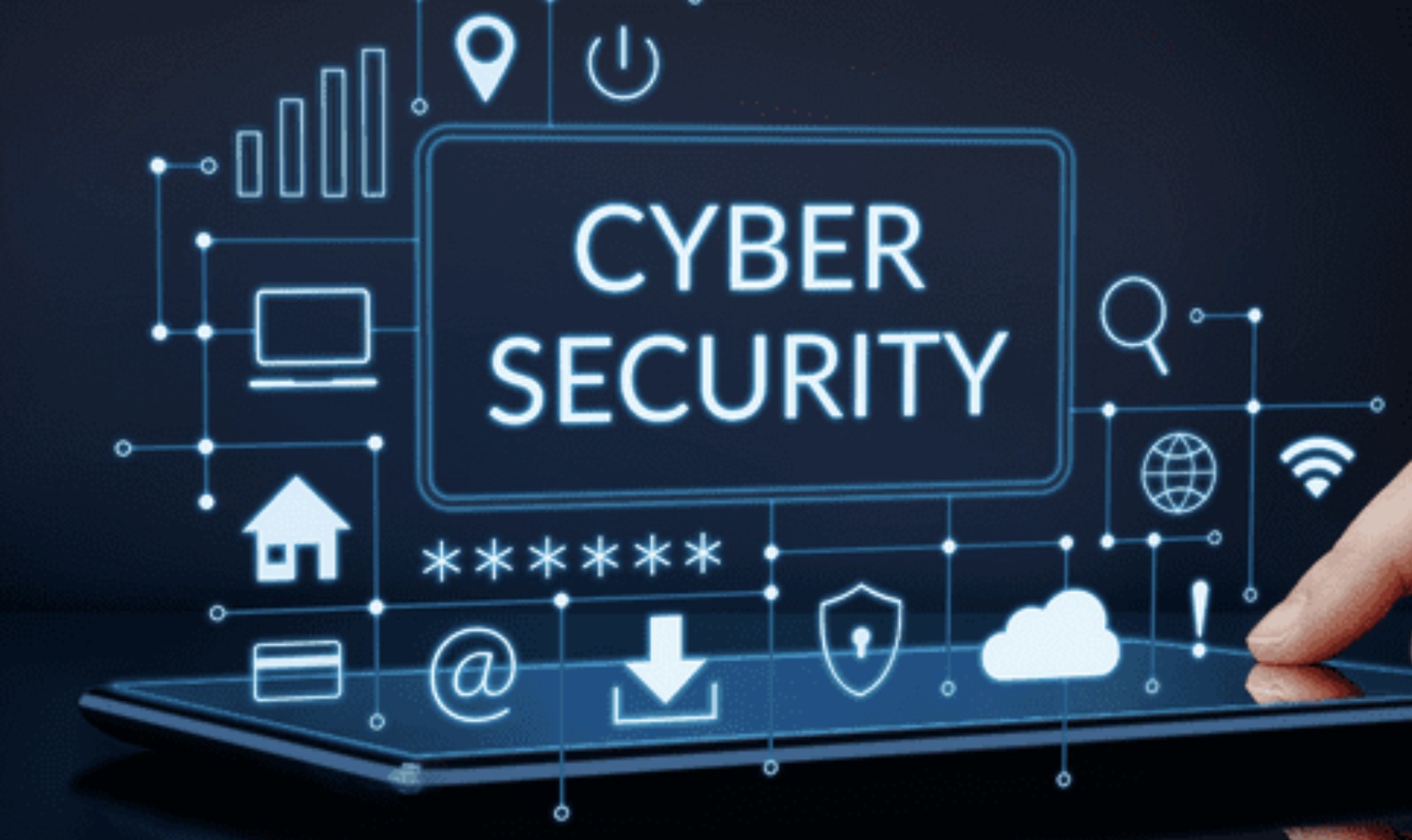June 09, 2025
Cybersecurity in Kenya 2025: Opportunities, Threats & the Road Ahead

In 2025, cybersecurity has become a national priority in Kenya as the country’s digital economy experiences rapid growth. From mobile money and online banking to digital learning and e-government platforms, Kenya’s increasing dependence on digital tools has brought both progress and vulnerability. Last year alone, the country saw a 42% rise in reported cyber incidents, underscoring the urgent need for awareness, investment, and coordinated action across public and private sectors.
One of the most pressing concerns is the rise in mobile money fraud, given that more than 30 million Kenyans rely on services like M-Pesa for daily transactions. At the same time, ransomware attacks and data breaches are on the rise, with schools, hospitals, and SMEs being the most frequent targets. Emerging technologies such as AI are now being used by cybercriminals to craft more convincing phishing scams and automate their attacks, while insider threats continue to be a risk due to limited employee training on cybersecurity.
Measures inplace to combat cyber threats

To combat these threats, Kenya has made notable progress. Government bodies such as the Communications Authority of Kenya and the National KE-CIRT/CC have launched cybersecurity standards, threat intelligence sharing frameworks, and digital safety awareness campaigns. Educational institutions, including Somakodi School and local universities, are offering practical cybersecurity training and certifications to address the country's talent shortage. These efforts are being complemented by partnerships between government agencies, banks, telcos, and private security firms.
However, technology alone isn’t enough. Organizations are increasingly recognizing the role of people in maintaining cybersecurity. In 2025, businesses and institutions are prioritizing staff training, implementing policies on data protection, encouraging password security, and adopting multi-factor authentication (MFA). Cyber hygiene and employee awareness are now considered essential pillars of cybersecurity, not just IT issues.
Despite these advancements, challenges remain. Kenya still faces a shortage of skilled cybersecurity professionals, and many small businesses lack the resources to implement strong cyber defenses. Enforcement of cyber laws is inconsistent, and public awareness, particularly outside urban centers, needs improvement. Yet, the opportunities are equally significant—youth-led cybersecurity clubs are emerging, ethical hacking is gaining popularity, and there's potential for local startups to build homegrown security solutions tailored to African realities.
In conclusion, cybersecurity in Kenya in 2025 is both a challenge and an opportunity. As digital transformation accelerates, securing Kenya’s cyberspace must be a shared responsibility involving individuals, organizations, and the government. By investing in skills, technology, and awareness today, Kenya can build a safer, more resilient digital future that benefits everyone.